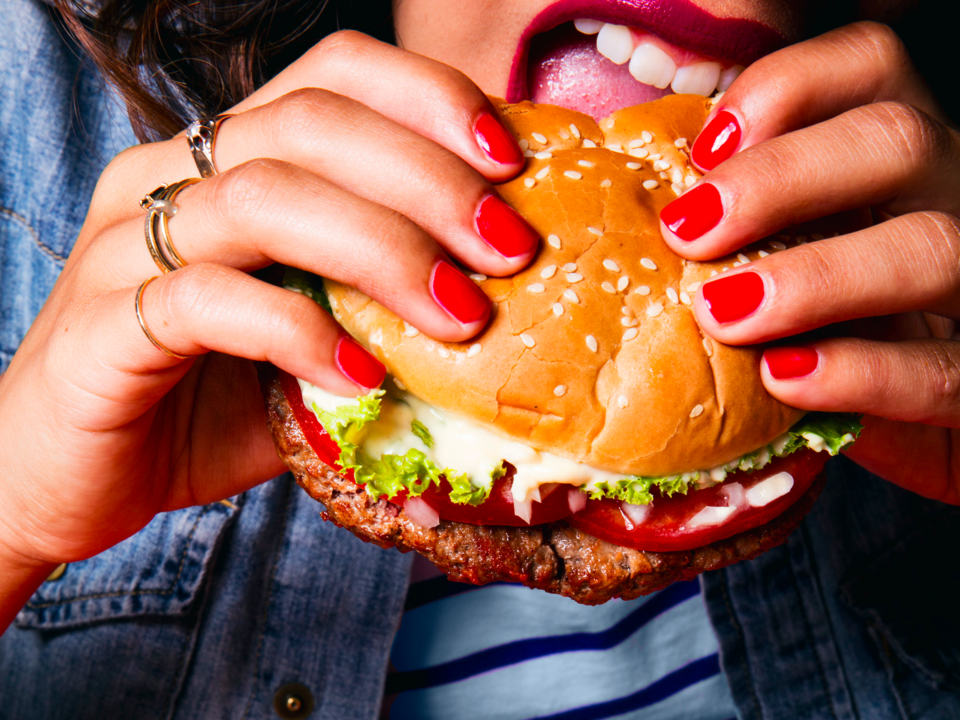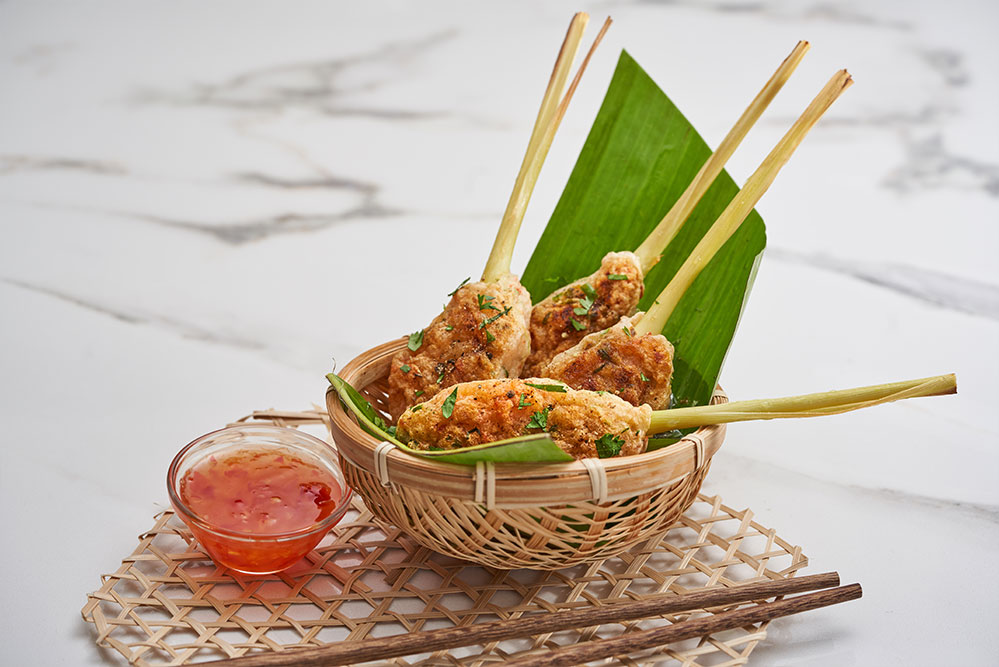I love snacking.
Snacks get me going for my 9-5 job, keep my day on track, and helps me control how much i eat in main meals.
Unfortunately, snacks have been viewed as the bad guy by the media, and I think it is time to convince you that snacking isn’t so bad after all.
Snacks have gained a bad reputation over the year and are notorious for their prevalence of obesity around the world, as they are generally associated with foods that are processed and loaded with fat, sugar, and salt. Over the last 50 years or so, snacks have been on the rise and so have our weights. But, I think we often forget that it really depends on what we choose as snacks, and snacks can be healthy.
The key to healthy snacking are food choices and portion control. A lot of people think that having an orange or an apple alone as a snack is a healthy option. While they are great, they are so much better when paired with a protein. Why not try adding almond butter on your sliced apple? Or, pair it with a mozzarella cheese stick? This is because the protein can help slowly release the sugar into your bloodstream, which prevent you getting an insulin spike, causing an energy crash later and sending you to search for more food to nibble on.
Snackings (of course, healthily) have been associated with weight control, helps with keeping your metabolism high, and lowering the risk of cardiovascular disease. (Duffey, 2013) It can give our bodies an extra boost in nutrients, and have been shown to lead better, healthier meal choices and greater portion control during our main meals.
So…have I convinced you into snacking yet? Why not try a walnut and seed yogurt the next time you feel like having ice cream? Instead of a chocolate bar, why not try a light chocolate mousse? Just remember, the next time you think about snacking:
– Ask yourself if you are actually hungry. Many of us confuse thirst for hunger, so drink some water first before you decide whether to snack.
– Stay away from “treats” such as traditional snack food like cookies and chips. Instead, create snacks out of ingredient you’d normally use for a meal.
– Don’t forget about portion sizes. Don’t overeat and listen to your body! You might be fuller than you think.
Reference:
Duffey, K. J., Pereira, R. A., & Popkin, B. M. (2013). Prevalence and energy intake from snacking in Brazil: analysis of the first nationwide individual survey. European Journal of Clinical Nutrition,67(8), 868-874. doi:10.1038/ejcn.2013.60


